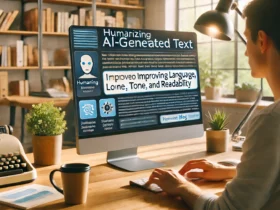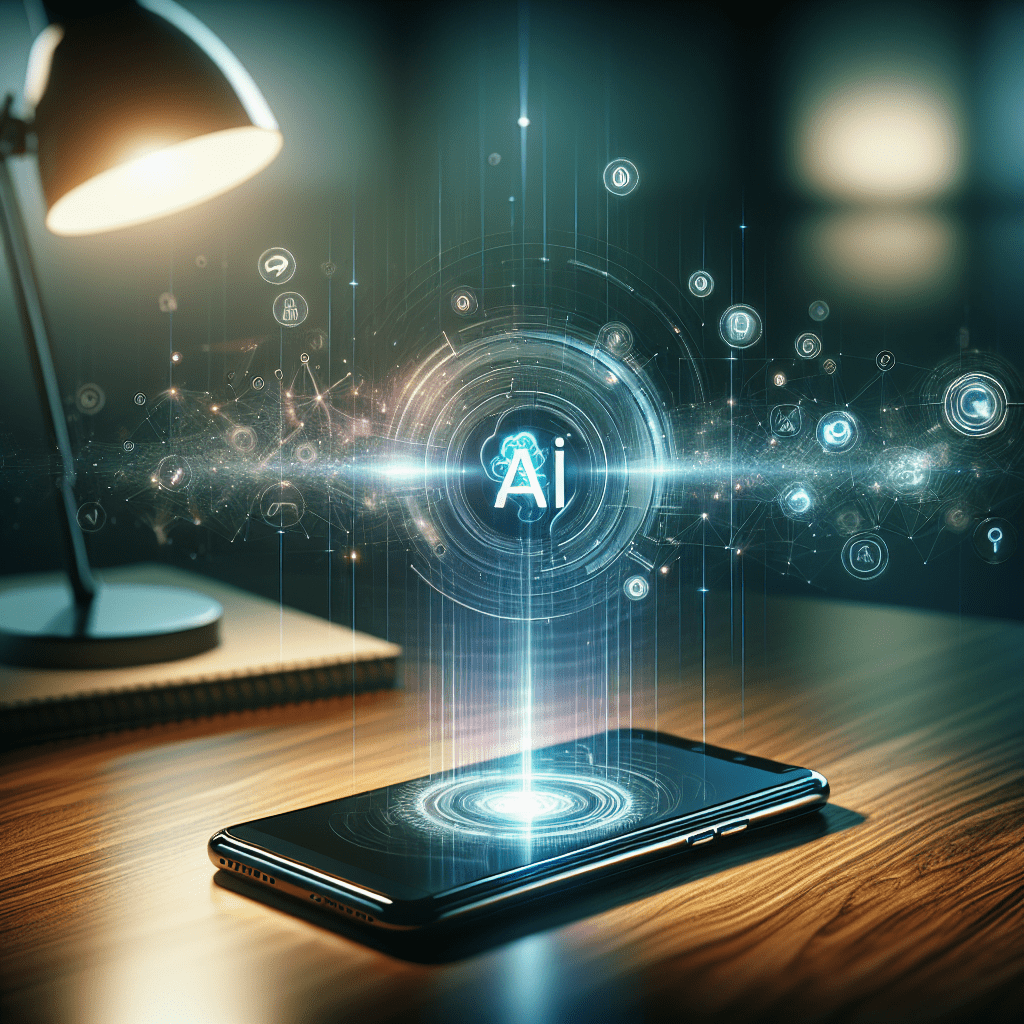Artificial Intelligence App: A technological revolution

Artificial intelligence (IA) has been one of the most discussed topics in the world of technology in recent years. With the advancement of technology, artificial intelligence applications are becoming increasingly common and affordable, revolutionizing the way we interact with the digital world. In this article, we will explore what artificial intelligence apps are, how they work and how they are changing our lives.
Content of this Article:
What is an Artificial Intelligence App?
One artificial intelligence app is a software that uses algorithms I to perform tasks that would normally require human intelligence. These tasks can include learning and adaptation, voice recognition, data analysis, behavior forecasting and more.
What is the function of an artificial intelligence application?
An app of artificial intelligence (IA) has several functions depending on your specific application. However, the main function of an AI application is to automate tasks and processes that would normally require human intervention.
1. Machine Learning: This is one of the most common functions of an AI application. It is programmed to learn from interactions and improve your performance over time. This can be used to recommend products based on previous purchases on an e-commerce website, for example.
2. Natural Language Processing: Some AI applications are designed to understand and respond to human language. This is useful for creating virtual assistants, chatbots and translation tools.
3. Data Analysis: AI can also be used to analyze large data sets and identify patterns and trends. This is useful in a variety of fields, from marketing to medicine.
4. Forecast and Decision: Some AI applications are designed to make decisions or make data-based predictions. For example, an AI application can be used to predict the stock market or make decisions about the approval of a loan.
Five. Image and Voice recognition: AI is also commonly used to recognize images and voice. This can be used in a variety of applications, from face identification in photos to device control through voice commands.
6. Task Automation: One of the main functions of an AI application is to automate tasks that are repetitive or require a lot of time. This can vary from responding to emails to operating machines in a production environment.
In short, the function of an artificial intelligence application is to facilitate and improve day-to-day operations, whether in a business, personal or educational environment.
How do Artificial Intelligence Apps work?
Artificial intelligence (AI) applications work through the simulation of human thought processes, allowing machines to learn, reason and solve problems autonomously.
These applications use a variety of techniques, including machine learning, natural language processing and computer vision, to analyze large-scale data and identify standards.
Based on these standards, AI applications can make predictions, make decisions, and perform actions more precisely and efficiently than humans. They are used in a wide range of industries including health, finance, retail and transportation, to automate tasks, improve the accuracy and speed of operations, and provide valuable insights.
AI applications work through the use of complex algorithms that allow the software to learn from the data it receives. This is known as machine learning.
For example, an AI app can learn to recognize a user's voice after hearing it several times, or can learn to predict user behavior based on their usage history.
Examples of Artificial Intelligence Apps
There are many examples of AI applications in use today. Here are some of the most notable:
- Siri: Apple's virtual assistant Siri uses AI to understand and respond to voice commands.
- Google Maps: Google Maps uses AI to predict traffic and suggest the fastest route.
- Netflix: Netflix uses AI to analyze user behavior and suggest movies and TV programs that the user may like.
Impact of Artificial Intelligence Apps
AI apps are changing the way we live and work. They are making our lives more convenient, helping us make more informed decisions and allowing us to perform tasks faster and more accurately.
For example, AI applications are being used in medicine to help diagnose diseases, education to customize learning, e-commerce to predict consumer preferences and agriculture to predict climate conditions.
Challenges and Concerns
Despite its many benefits, the apps of I also present challenges and concerns. For example, there is a concern that AI can replace human jobs.
In addition, there are concerns about data privacy and security, since AI applications often require access to large amounts of personal data.
In addition, there are significant concerns about the privacy and security of data in the field of Artificial Intelligence (AI). AI applications often require access to large amounts of personal data to function effectively. This data may include sensitive information such as financial details, location, medical history, among others.
This raises questions about how this information is collected, stored and used, as well as the possibility of being accessed or leaked illegally. The protection of this information is of paramount importance, as a violation may result in significant damage to the affected individuals. Therefore, data security is a critical aspect to be considered in the development and use of AI applications.
The apps Artificial intelligence are revolutionizing the way we interact with the digital world. They are making our lives more convenient and helping us make more informed decisions. However, it is also important to consider the challenges and concerns associated with AI.
As we continue to advance in the digital age, it is crucial that we continue to explore ways to use AI responsibly and ethically.









Leave a Review